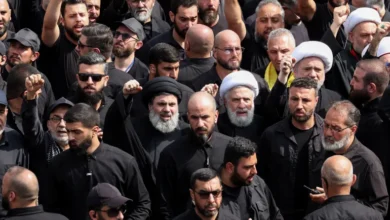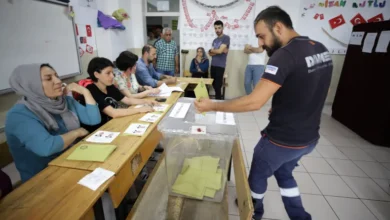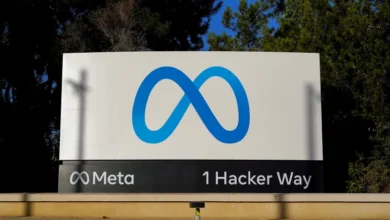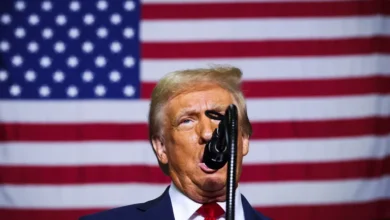Is there a ’60-day rule’ in the US elections? What to know in 500 words
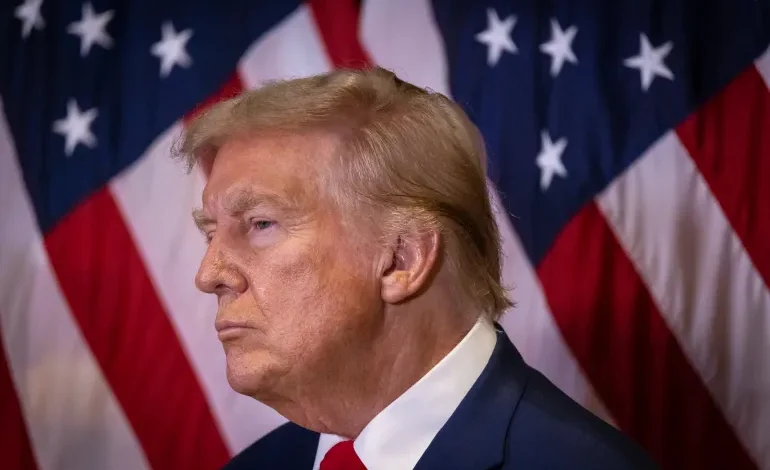
Former President Donald Trump has said the Department of Justice has a “60-day rule” that prevents it from taking certain law enforcement actions against candidates in the run-up to the United States elections.
If Trump’s statement were correct, it would have wide-ranging implications as he stares down two federal indictments: one in Washington, DC, for efforts to overturn the 2020 election, and another in Florida for allegedly hoarding classified documents.
What did Trump say?
Trump invoked the “60-day rule” while responding to an updated indictment filed last month in the federal election case in Washington, DC.
“It is DOJ policy that the Department of Justice should not take any action that will influence an election within 60 days of that election – but they just have taken such action,” Trump wrote on Truth Social.
Others have since echoed that criticism. Last week, Judge Aileen Cannon, a Trump appointee, questioned federal prosecutors in the Florida case about whether holding a trial before the election would violate the rule.
Legal experts, however, have rejected that position. And Jay Bratt, a federal prosecutor in the Florida case, told Cannon that, since Trump had already been charged, no rule or norm would be violated.
So what was Trump talking about?
Trump was referring to an unwritten — and admittedly vague — guideline that Justice Department officials have adopted over the years.
A 2018 report from the Justice Department’s inspector general clearly states: “No Department policy contains a specific prohibition on overt investigative steps within a particular period before an election.”
Does Trump have any recourse?
No. Because the guideline is unwritten, it is a best practice rather than a legal requirement. When and how the guideline applies is up to department officials.
Legal scholars have further argued that Trump cannot claim he was being treated unfairly because the guideline only applies to major actions, like the filing of brand-new indictments.
Because Trump had been indicted long before the 60-day window, the guideline would theoretically not apply to the ongoing federal proceedings in Washington, DC, and Florida.
The guideline is also not valid for Trump’s upcoming sentencing in New York or the pending trial in Georgia: Both of which are state-level proceedings, whereas the guideline is strictly federal.





